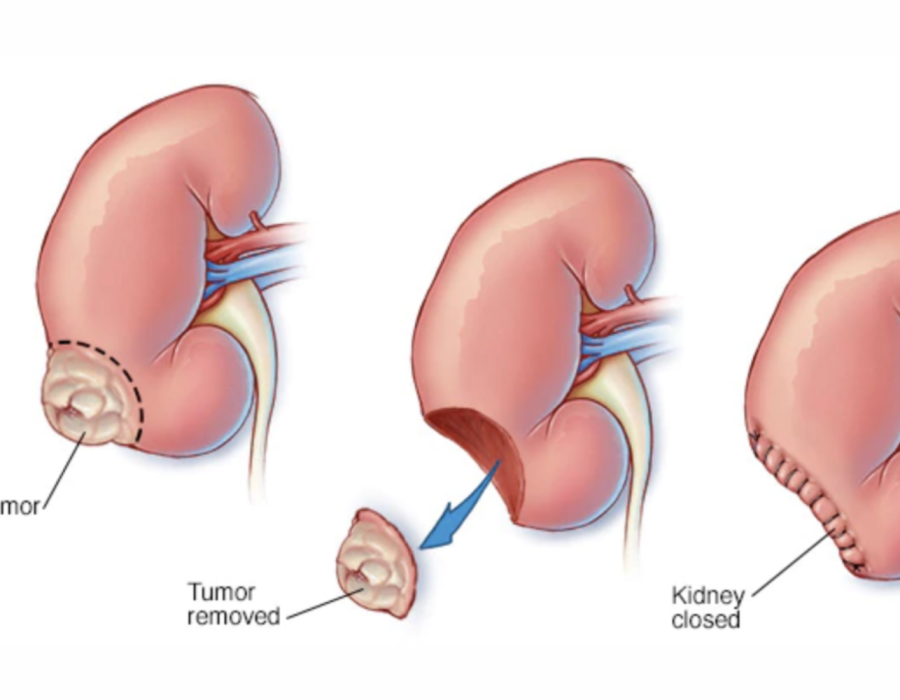Andrology surgery a specialized branch of medicine focusing on male reproductive health, plays a crucial role in diagnosing and treating various conditions related to the male reproductive system. From infertility issues to sexual dysfunction, andrology surgery encompasses a wide range of procedures aimed at restoring and enhancing male reproductive function. This article delves into the intricacies of andrology surgery, shedding light on its significance, procedures, and advancements in the field.
Understanding Andrology Surgery:
Andrology surgery primarily deals with the diagnosis and treatment of male reproductive disorders, encompassing both surgical and non-surgical interventions. It addresses conditions such as erectile dysfunction, male infertility, penile abnormalities, and genital trauma, among others. The field integrates expertise from urology, reproductive endocrinology, andrology, and sometimes, plastic surgery to provide comprehensive care to patients.
Key Procedures in Andrology Surgery:
Vasectomy: A common surgical procedure for male sterilization, involving the cutting or blocking of the vas deferens to prevent the release of sperm during ejaculation.
Varicocelectomy: Surgery to remove varicoceles, dilated veins within the scrotum that can lead to infertility and discomfort.
Penile Implant Surgery: A treatment option for erectile dysfunction, involving the surgical insertion of inflatable or malleable implants into the penis to facilitate erections.
Peyronie's Disease Surgery: Correction of penile curvature caused by Peyronie's disease through procedures like plication, grafting, or penile prosthesis implantation.
Testicular Surgery: Surgical interventions for conditions such as testicular torsion, testicular cancer, and undescended testicles (cryptorchidism).
Significance of Andrology Surgery:
Restoration of Reproductive Health: Andrology surgery helps restore male reproductive function, addressing conditions that affect fertility and sexual performance.
Improved Quality of Life: By treating conditions like erectile dysfunction and Peyronie's disease, andrology surgery can significantly enhance a man's quality of life and psychological well-being.
Fertility Enhancement: Surgical interventions such as varicocelectomy and testicular surgery can improve sperm quality and increase the chances of conception in men with infertility issues.
Treatment of Genital Trauma: Andrology surgery plays a vital role in the management of genital trauma, helping restore normal anatomy and function following injuries or accidents.
Advancements in Andrology Surgery:
Advancements in surgical techniques, minimally invasive procedures, and the use of innovative technologies have revolutionized andrology surgery. Techniques like robotic-assisted surgery and microsurgery have improved surgical precision and outcomes, reducing post-operative complications and recovery times. Moreover, ongoing research in stem cell therapy, tissue engineering, and regenerative medicine holds promise for future advancements in the field, offering potential solutions for conditions like erectile dysfunction and male infertility.
Conclusion:
Andrology surgery is a specialized field that addresses a wide spectrum of male reproductive health issues, ranging from infertility to sexual dysfunction and genital trauma. Through surgical interventions and innovative treatments, andrology surgeons play a pivotal role in restoring and enhancing male reproductive function, thereby improving the quality of life for countless individuals. As advancements in technology and research continue to propel the field forward, the future of andrology surgery holds immense potential for further innovation and improved patient outcomes.





Comments